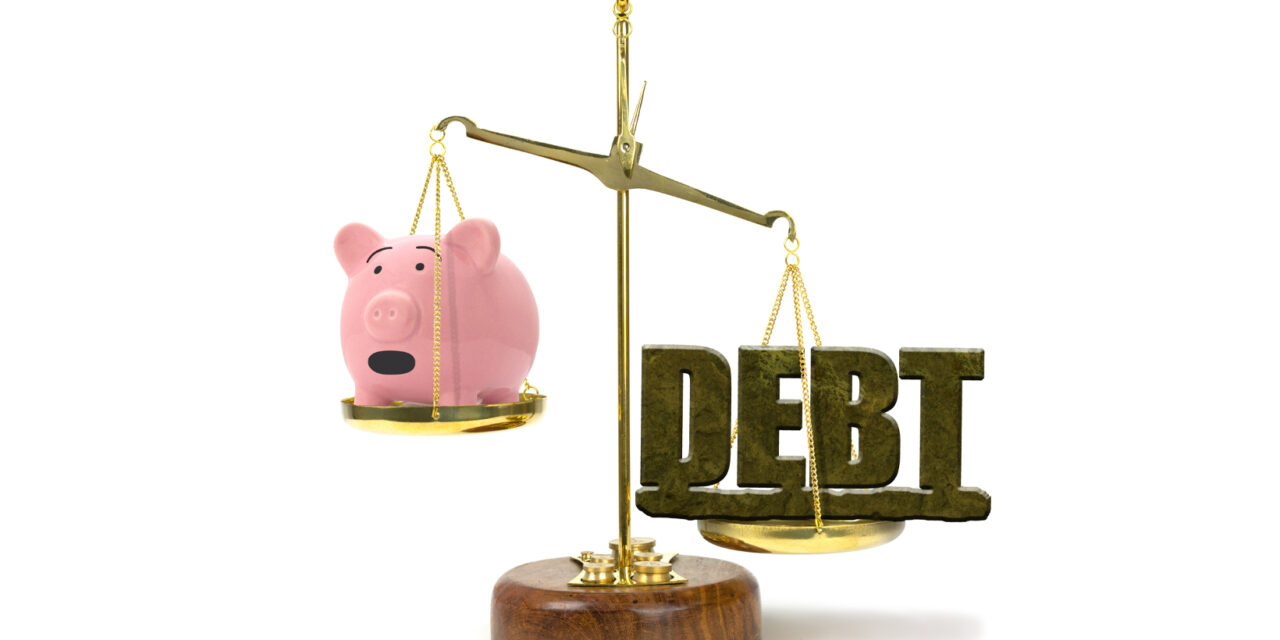
Paying Off Debt vs. Investing
As interest rates have increased and the stock market has struggled, the calculus of whether to use fresh cash to retire debt or make an investment has changed.
To view the full article please register below:
Paying Off Debt vs. Investing
As interest rates have increased and the stock market has struggled, the calculus of whether to use fresh cash to retire debt or make an investment has changed. When confronting this decision, the math is pretty straightforward—if the after-tax investment return is expected to exceed the loan’s interest rate (net of any tax deduction), then using cash to make an investment may be the more appropriate choice. Conversely, cash may be best used to retire debt when the cost of that loan exceeds the expected return on an investment.
That sounds simple enough, but it’s important to keep some key considerations in mind.
- Investing should not come at the expense of paying at least the minimum required loan payment in order to avoid penalties and the compounding of interest charges.
- If the individual is still without an adequate emergency fund, then it might be for the best if free cash is used to build an emergency reserve rather than make an investment.
- The math of “pay off vs. invest” changes if the investment is made inside a tax-advantaged account (e.g., IRA) or if an individual’s 401(k) contributions are being matched by his or her employer. For instance, if the first 3% of income is being matched by the employer, it becomes very “expensive” to forfeit that “free money” to pay off debt.
- In situations where the choice is between retiring debt or making a tax-deductible retirement contribution to an IRA or 401(k), individuals will not only need to consider the math described in the opening paragraph, but consider the initial tax savings and the opportunity cost of forfeiting potentially decades of compounding.
- Paying off high interest credit cards is a no-brainer, but discipline is crucial to ensure that balances don’t rise again after pay-off.
- Debt reduction represents a guaranteed rate of return, whereas investments not only offer no guarantees of any future return, but they may lose money.
- Selling 401(k) investments to retire debt is nearly always ill advised. Borrowing from a 401(k) to retire debt may be appropriate in isolated situations.
One of the major benefits to retiring debt-free is stress reduction, which can’t readily be quantified in dollar terms. So, individuals will need to decide for themselves the value of lower stress levels.
In the end, though, this needn’t be an either/or exercise. In fact, retiring debt and investing can occur in parallel, allowing individuals to build long-term wealth while simultaneously reducing debt.
Please reference disclosures: https://blog.americanportfolios.com/disclosures/












